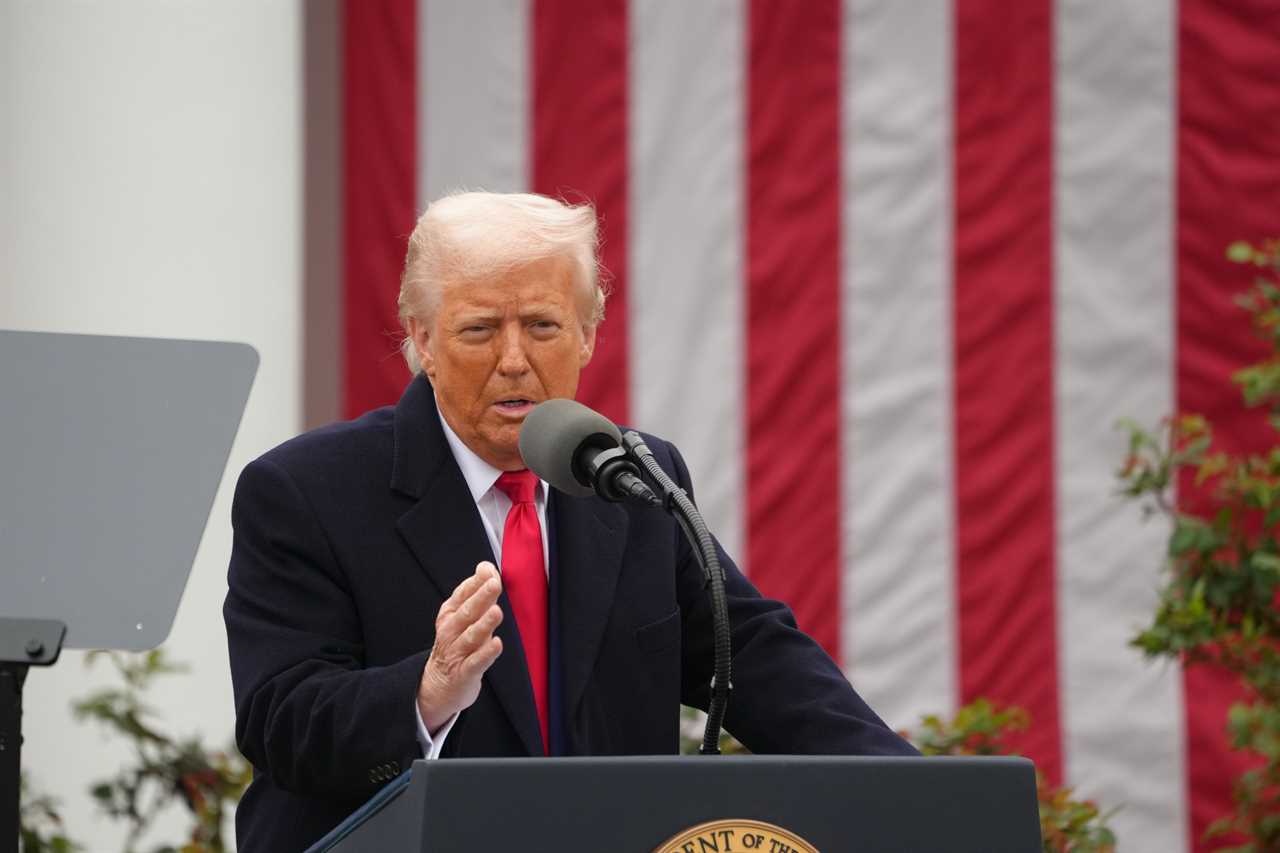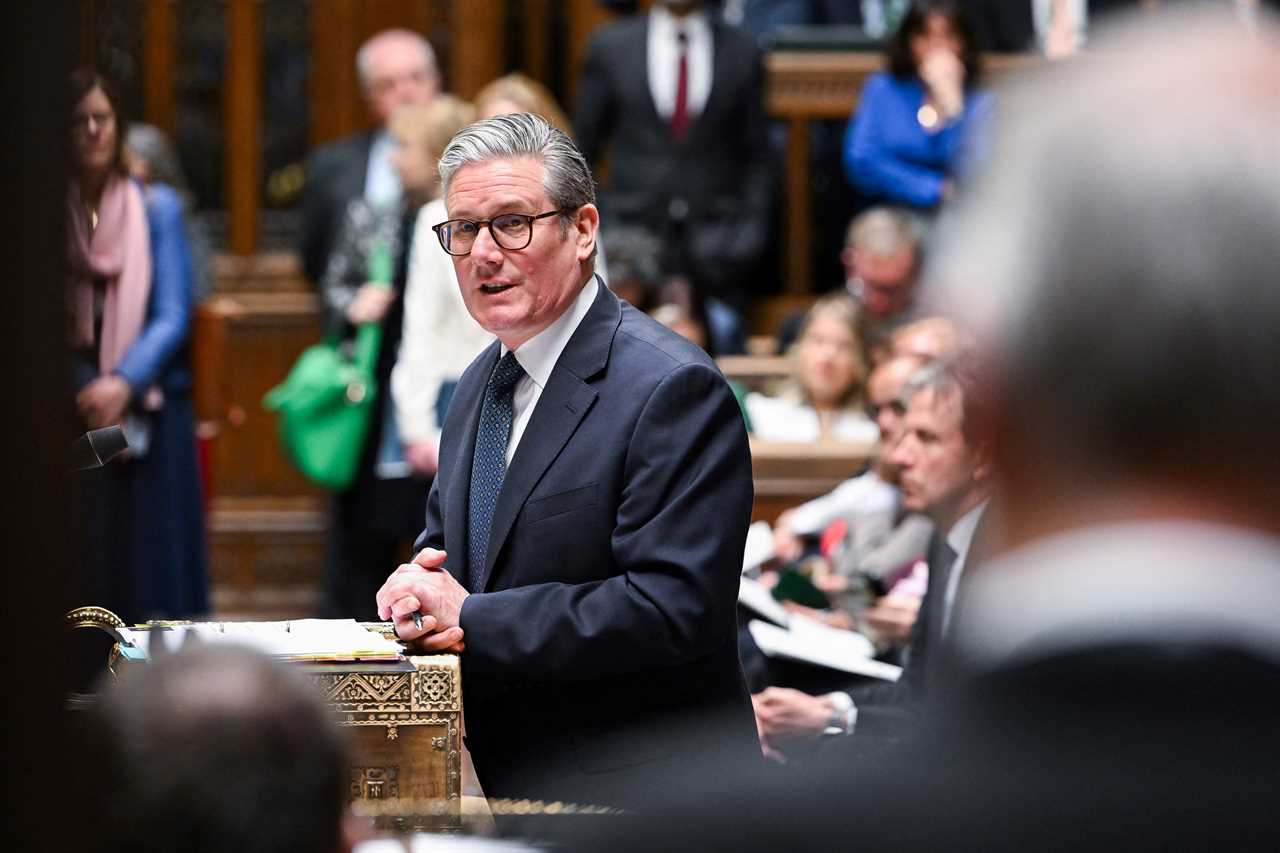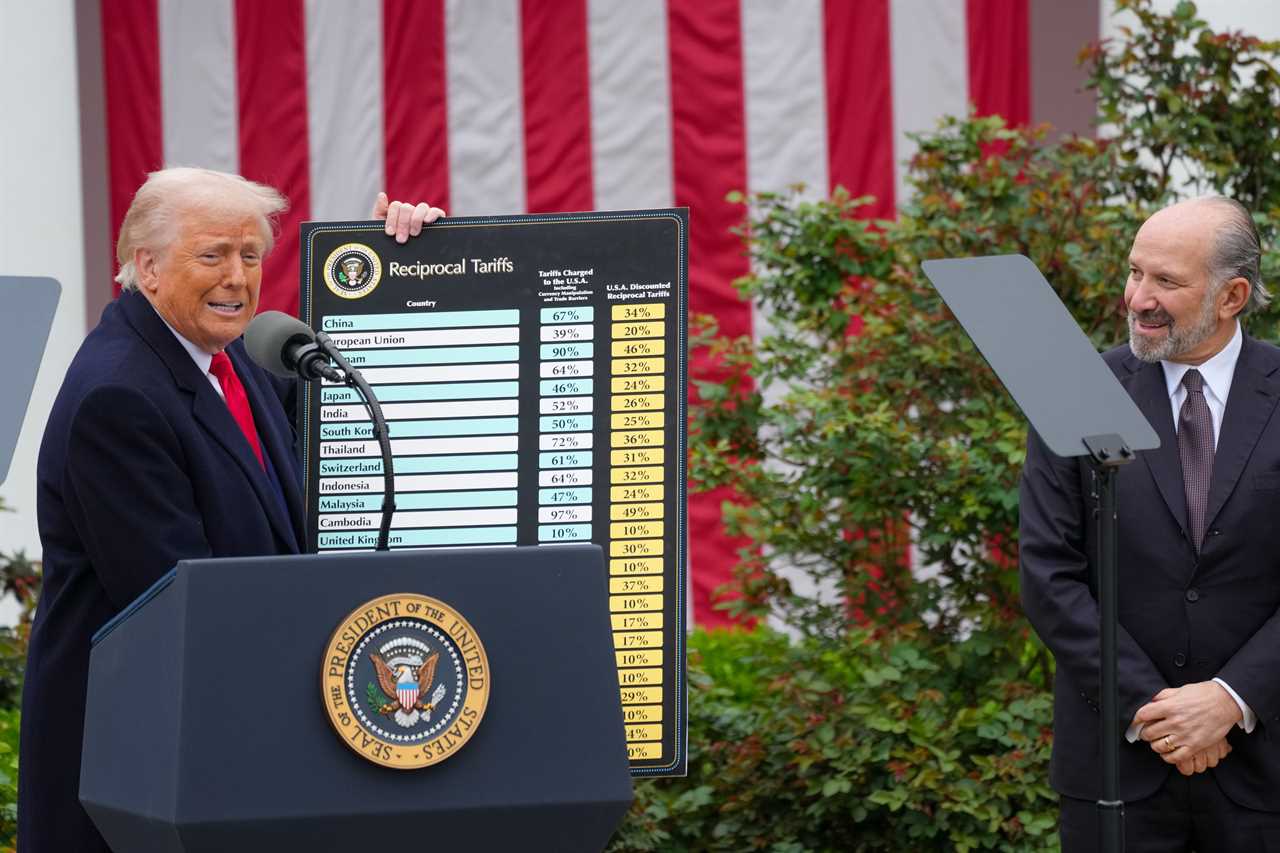
Higher Tariffs Threaten UK Exporters
The recent imposition of a 10% tariff by the United States on UK goods has stirred anxiety among British businesses and government officials. While this levy is the lowest introduced by former President Donald Trump, it still poses significant challenges for UK exporters. Industries ranging from automotive to agriculture are bracing for the financial strain, which could translate into job losses across the country.
Keir Starmer's Diplomatic Push under Scrutiny
Labour leader Sir Keir Starmer has been actively engaging with US counterparts in an attempt to soften the impact of these tariffs. However, the effectiveness of his diplomatic efforts remains uncertain. Critics argue that despite his charm offensive, the fundamental trade tensions between the US and the UK may continue to escalate, leaving British businesses in a precarious position.
Brexit Cushion Helps Mitigate Impact
Ironically, the UK's exit from the European Union has provided a silver lining amidst the tariff turmoil. Had the UK remained within the EU, a 20% tariff on British goods would have been almost inevitable following the recent trade tensions. Brexit has therefore prevented a more severe financial blow, sparing the UK from the harsher repercussions that come with tariff wars involving the European bloc.
Global Context: UK Not Alone
It's important to note that the UK is not the sole target of Trump's tariff strategy. Countries like Brazil have also faced the same 10% levy, despite having less robust trade relationships with the US compared to the UK. This indicates a broader approach by the US administration to apply pressure across multiple fronts, potentially complicating international trade dynamics further.

Potential for New Trade Agreements
In response to the tariffs, UK ministers are keenly seeking new trade agreements that could alleviate these pressures. The government is optimistic that forthcoming negotiations might lead to the removal of these tariffs, fostering a more favourable trading environment. Success in these discussions is crucial for stabilizing the economy and safeguarding jobs within affected sectors.
Economic Experts Weigh In
Economists warn that even the minimal 10% tariff could have ripple effects throughout the UK economy. Exporters may need to increase prices to maintain profit margins, potentially reducing competitiveness in the global market. Additionally, the uncertainty surrounding future trade policies could deter investment and hinder economic growth.
Looking Ahead: Navigating Trade Uncertainty
As the UK grapples with these new challenges, the government's ability to negotiate effectively with the US will be paramount. Building strong, bilateral relationships may offer some respite, but the broader geopolitical landscape suggests that trade tensions are unlikely to ease in the near term. Businesses must prepare for continued uncertainty, adapting strategies to mitigate the impact of tariffs and exploring alternative markets where possible.
Conclusion: A Complex Trade Landscape
The introduction of a 10% tariff on British goods by the US marks a significant development in international trade relations. While Brexit has inadvertently provided some protection against harsher tariffs, the road ahead remains fraught with challenges. The combined efforts of political leaders and the resilience of British industries will determine how effectively the UK can navigate this complex and evolving trade landscape.

Frequently Asked Questions
How does international politics affect domestic policy?
International politics can significantly influence domestic policy through trade agreements, foreign aid, and security alliances. Governments must balance international relations with the needs and interests of their citizens, often leading to complex policy decisions.
What are civil rights?
Civil rights are the rights that protect individuals' freedoms from infringement by governments, social organizations, and private individuals. These rights include the right to free speech, freedom of religion, and the right to due process.
What is the significance of public opinion in politics?
Public opinion reflects the attitudes and beliefs of the populace regarding political issues and leaders. It can shape policy decisions, influence electoral outcomes, and motivate politicians to respond to the needs and concerns of their constituents.
How does the legislative process work?
The legislative process typically involves several stages, including proposal, debate, amendment, and voting. A bill must be approved by both houses of the legislature before being sent to the head of state for approval or veto.
What is the significance of political parties?
Political parties play a crucial role in organizing political activity, representing diverse viewpoints, and facilitating the electoral process. They provide voters with choices and help structure political debate and policy-making in a system.
Statistics
- Approximately 60% of eligible voters in the United States participated in the 2020 presidential election, marking the highest turnout rate in over a century.
- Approximately 90% of political campaigns in the U.S. utilize social media as a primary tool for outreach and engagement with voters.
- Historically, voter turnout among young people (ages 18-29) increased by 50% from the previous election cycle in the 2020 presidential election.
- In many countries, political parties receive about 60% of their funding from private donations, raising concerns about transparency and influence.
- Research indicates that social media platforms play a role in shaping public opinion, with 70% of users getting their news from these sources.
- Data reveals that around 40% of the global population lives under some form of authoritarian regime, affecting their political freedoms.
- As of 2023, women hold 27% of seats in the global parliament, reflecting ongoing efforts toward gender equality in political representation.
- Surveys show that nearly 70% of voters prioritize environmental issues when selecting candidates for public office.
External Links
How To
How To Contact Your Elected Officials
Reaching out to your elected officials is an effective way to express your opinions and influence policy. Begin by identifying your representatives at the local, state, and federal levels through official government websites. Draft a clear, concise message outlining your concerns or suggestions, and specify any relevant legislation. You can contact them via email, phone, or by attending public meetings. Personalizing your communication often yields better responses, so share your story or local context to illustrate your point. Follow up if necessary to ensure your voice is heard.
 PoliticsRoyaltySoap OperaGamingMoneyPrivacy PolicyTerms And Conditions
PoliticsRoyaltySoap OperaGamingMoneyPrivacy PolicyTerms And Conditions
